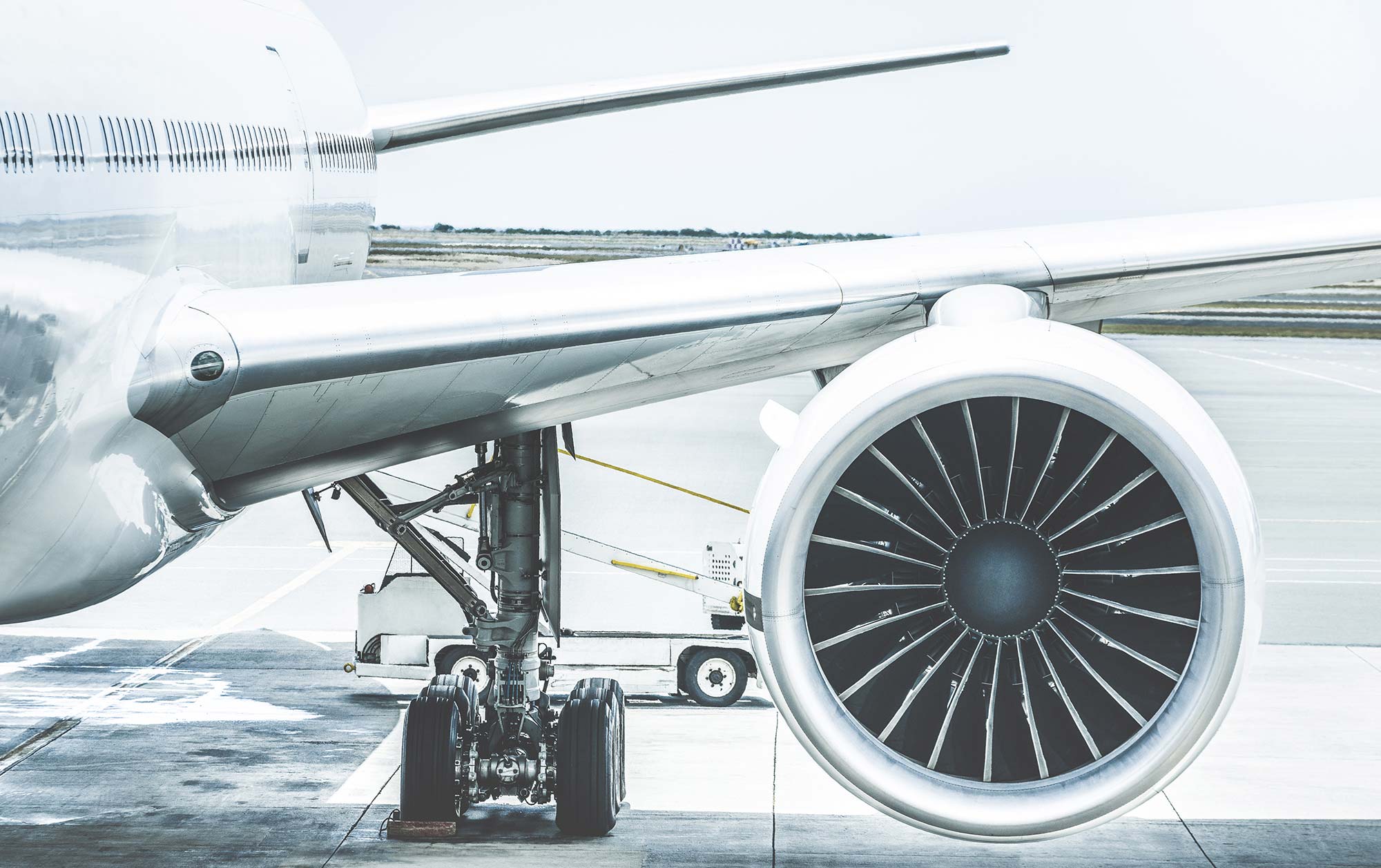
There’s a hidden tax on your airline tickets, and airports want to raise it even higher.
There’s a hidden tax on your airline tickets, and airports want to raise it even higher.
See how airports are improving the passenger experience without increasing the PFC.
Since 2008, there has been
$200B+
invested in airport improvement projects across the country.
Source: A4A analysis of FAA Form 127 airport database.

Raising the PFC cap will do little or nothing to improve airport security. It will, however, unnecessarily raise the cost of flying without addressing issues like reducing wait times or enhanced screening. That doesn’t make much sense.
Former U.S. TSA Administrator

It is always easier to tax those who cannot protest rather than look constituents in the eye and tell them you are taking their hard-earned money.
Travelers United